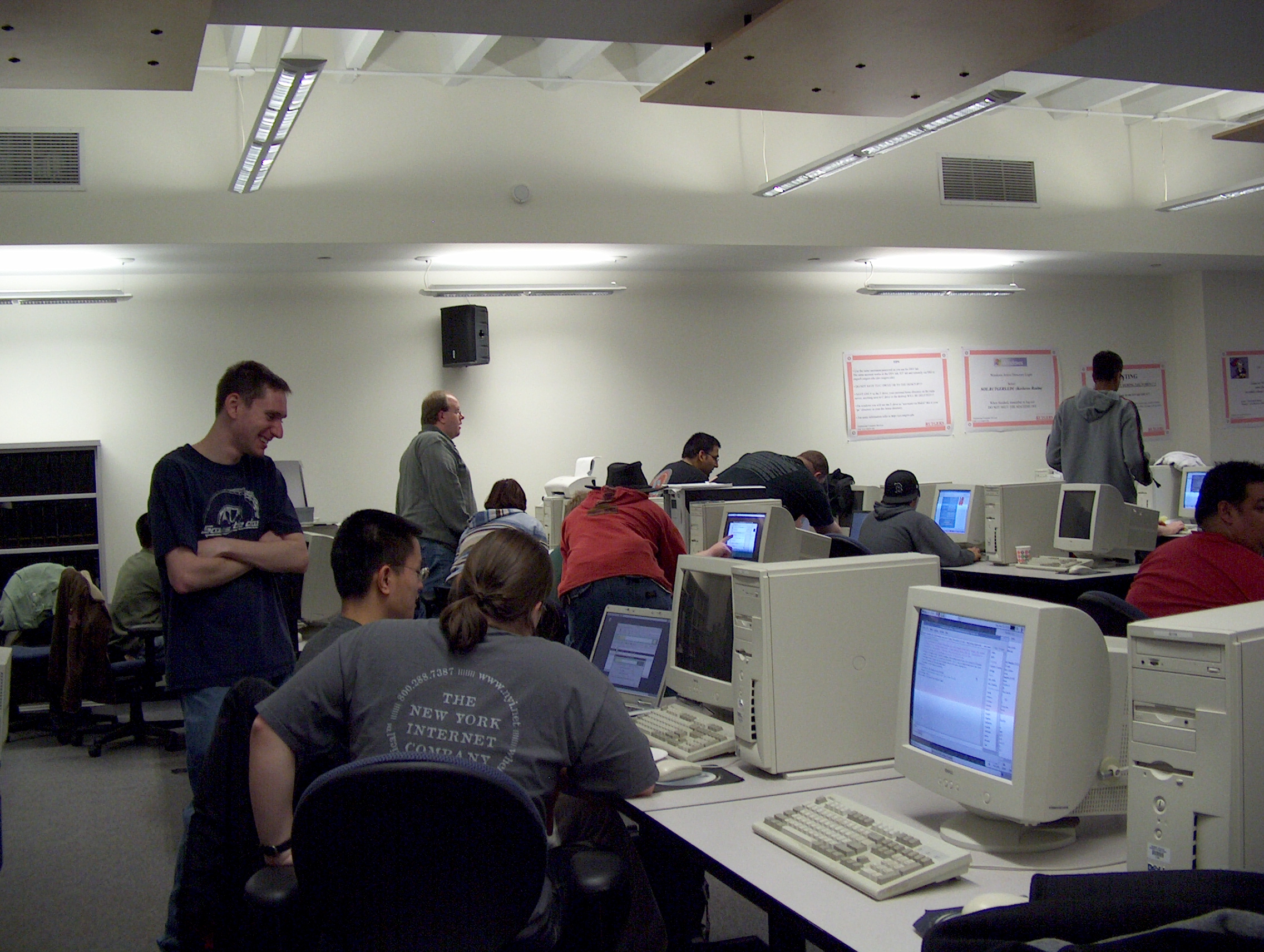Unveiling the Virtuosities of Linux: A Kaleidoscope of Possibilities
Diverse Applications of Linux

Linux, the open-source operating system, has a wide range of diverse applications in today’s technology-driven world. From home networks to cloud computing, Linux offers a flexible and powerful platform for various purposes.
For personal computer users, Linux provides a reliable alternative to proprietary operating systems like Microsoft Windows and macOS. With distributions like Fedora, CentOS, and Debian, users can enjoy a secure and customizable desktop environment.
In the server realm, Linux is a popular choice for hosting websites and web applications. Apache HTTP Server, one of the most widely used web servers on the World Wide Web, runs on Linux. Additionally, Linux is often used in cloud computing environments, powering platforms like Kubernetes and Docker for efficient and scalable application deployment.
Linux also finds its place in embedded systems, such as smartphones, smartwatches, and even wearable computers. Its lightweight and customizable nature make it an ideal choice for these devices.
Moreover, Linux offers robust security features, making it a preferred choice for computer networks and data storage systems. With its built-in package managers and command-line interfaces, Linux simplifies software installation, updates, and management.
Linux in Various Environments

| Environment | Description |
|---|---|
| Desktop | Linux can be used as a desktop operating system providing a user-friendly interface for personal computing, web browsing, multimedia, and productivity tasks. |
| Server | Linux is widely used as a server operating system due to its stability, security, and scalability. It powers web servers, file servers, database servers, and other network services. |
| Embedded Systems | Linux is used in various embedded systems such as routers, smart TVs, set-top boxes, IoT devices, and industrial automation systems. |
| Supercomputers | Linux dominates the field of high-performance computing and is the preferred choice for supercomputers due to its flexibility, performance, and ability to handle large-scale parallel processing. |
| Mobile Devices | Linux serves as the foundation for many mobile operating systems such as Android, powering millions of smartphones, tablets, and other handheld devices. |
| Gaming Consoles | Linux is used as the operating system for gaming consoles like Sony PlayStation and Valve’s SteamOS, enabling a rich gaming experience. |
Linux for Privacy and Security

Linux is widely known for its strong focus on privacy and security, making it an excellent choice for those concerned about protecting their personal information. With its open-source nature, Linux allows users to have complete control over their operating system and the ability to audit the code for any potential vulnerabilities. This level of transparency provides a higher level of trust and security compared to proprietary operating systems like Microsoft Windows or MacOS.
In addition to its security advantages, Linux also offers a wide range of privacy features. It allows users to customize their system to their specific needs, ensuring that privacy settings are tailored to individual preferences. Linux distributions like Fedora, CentOS, and Debian offer a variety of tools and options for enhancing privacy, such as encrypted file systems and secure network connections.
Linux also excels in providing a secure platform for running servers and web applications. Its robust security features, coupled with the stability and scalability of the Linux kernel, make it the preferred choice for hosting services like the Apache HTTP Server and MySQL database. Linux’s reputation for security has also made it the foundation for popular containerization platforms like Docker and orchestration systems like Kubernetes.
Whether you are concerned about protecting your personal computer or running a secure server, Linux offers a wide range of tools and options to ensure your privacy and security. By taking Linux training and familiarizing yourself with its features, you can gain the knowledge and skills necessary to leverage this powerful operating system to its fullest potential.



